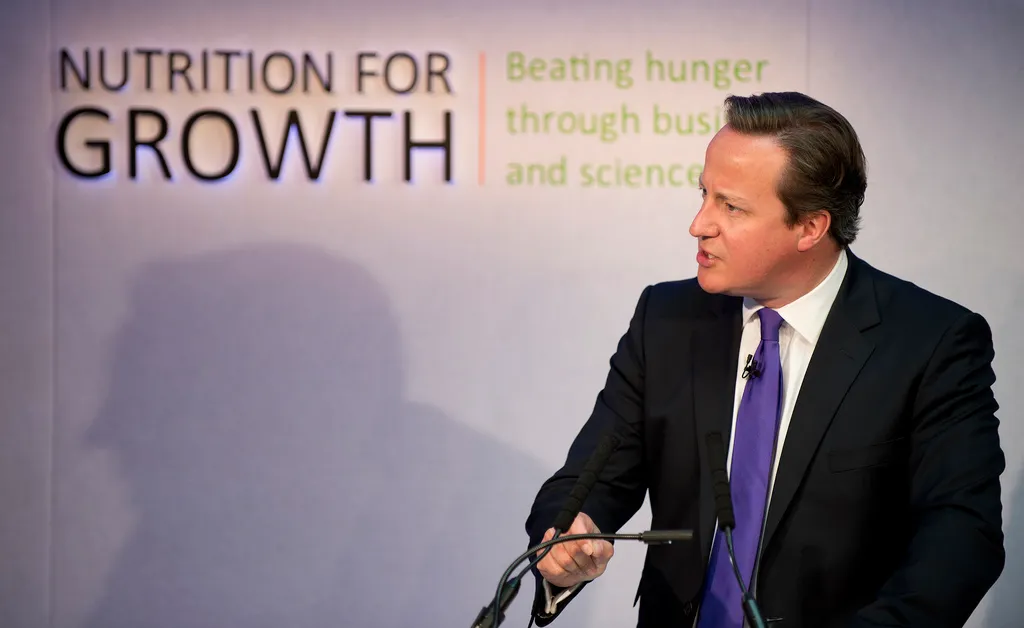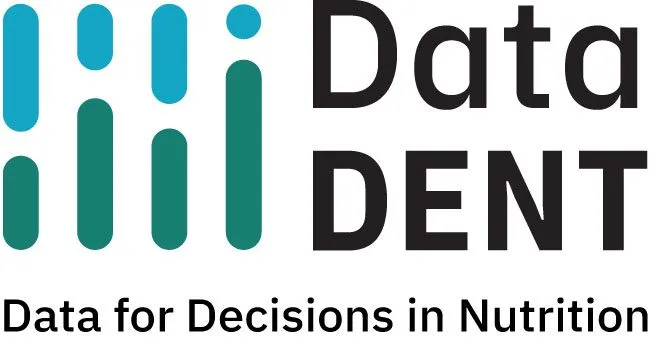In the past decade, the availability and use of data have shed light on the importance of addressing malnutrition to improve human health and well-being. At the same time, high profile advocacy events have pushed the nutrition profile even further. Hand-in-hand, data and advocacy have increased the attention, policies and resources directed towards improving nutrition.
The year 2012 was a pivotal one for global nutrition. In May, the World Health Assembly (WHA) endorsed the six Global Nutrition Targets for 2025, identifying priority areas for nutrition and establishing accountability mechanisms to track progress worldwide. At the closing ceremony of the 2012 London Olympics in August, UK’s Prime Minister David Cameron addressed the world in a speech at the Hunger Summit, calling for greater global momentum to tackle malnutrition. The two forces—setting of data targets and the public platform of world leaders speaking to the issue of global nutrition—sparked alarm that the world needed to do more to improve maternal, infant and young child nutrition around the world.

2013 Nutrition for Growth Summit, London | Source: https://scalingupnutrition.org/progress-impact/nutrition-for-growth
In the wake of 2012, donor governments, ministries of health, and heads of state committed to set targets. The 2013 Nutrition for Growth Summit in London was a resounding recognition of the need to increase political and economic attention to address malnutrition. Over 100 stakeholders endorsed the Nutrition for Growth Compact and pledged $4 billion USD for nutrition-specific and $19 billion USD for nutrition-sensitive projects. In 2014, the Global Nutrition Report (GNR) was published and became a crucial data advocacy tool. Each year, the GNR has analyzed and collated existing data, while guiding and inspiring action to improve the tracking and monitoring of nutrition indicators and targets.
More recently, the UN Decade of Action for Nutrition (2016-2025) has mobilized action towards WHA Nutrition targets. As we wrote in a blog piece recently, the Decade of Action for Nutrition calls on stakeholders to align on targets and commit to actions, with standards for common indicators of progress. As standard measurement has developed across nutrition programs and evaluations, attention also has turned to the investment required to reach these ambitious targets. In 2016, the World Bank, Results for Development, and 1,000 Days published An Investment Framework to Reach the Global Targets. The analysis brought attention to the problems regarding quality of surveillance data, lack of unit cost data for interventions in different contexts, and weak data collection systems for estimating current investments. Estimating the cost of improving the nutrition data value chain has become increasingly important as the world directs resources and policies to improve progress on nutrition.

2017 Global Nutrition Summit, Milan | Source: https://nutritionforgrowth.org/update-global-nutrition-summit-2017/
The 2016 Nutrition for Growth Summit hosted at the Rio Olympics in Brazil continued the global advocacy momentum from the 2012 N4G summit and called on world leaders to pledge funding and political efforts towards nutrition. In 2017 at the Global Nutrition Summit in Milan, Italy launched the 2017 Global Nutrition Report and brought world leaders together to celebrate progress towards targets, report on donor and country commitments, and announce new pledges towards the global response to malnutrition. The importance of tracking and monitoring progress, and thus the need for quality data on which to understand these trends, continues to spur public attention and high-profile events focused on global nutrition.

Global nutrition advocacy timeline, 2012 – 2020
Alongside the summer Tokyo Olympics 2020, Japan is scheduled to host the next big global advocacy moment for nutrition. An important theme of the upcoming event is financing nutrition data and nutrition information systems. DataDENT, in collaboration with other partners, is providing support to better understanding funding allocation and budgeting approaches for nutrition data systems. As in the past, data will play a key role in future nutrition advocacy efforts to increase the profile of what needs to be done to improve nutrition around the world.
